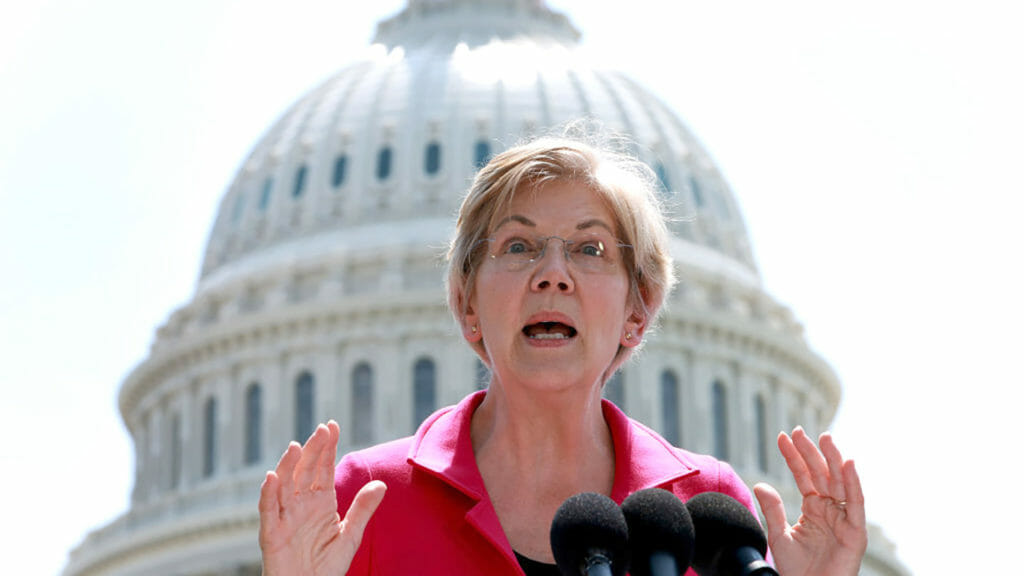
A group of lawmakers is urging the Centers for Medicare and Medicaid Services to scrap the Accountable Care Organization Realizing Equity, Access, and Community Health (ACO REACH) program that takes effect at the beginning of January.
In a letter to CMS, more than 21 mostly Democratic lawmakers led by Sen. Elizabeth Warren (D-MA) and Rep. Pramila Jayapal (D-WA) stated the new model could give providers and payers an opportunity to defraud the government and demanded an investigation into model participants with a history of fraud and abuse. The lawmakers cited eight health insurers, including Cigna and Humana, who they claim have a history of defrauding Medicare, Medicaid and the Veterans Administration.
“CMS must act quickly to address these risks and protect patients before the new ACO REACH program begins operations by at the very least halting participation by any organizations that have committed health care fraud and terminating (direct contracting entities) that do not meet the new standards for the ACO REACH program,” the letter stated.
CMS announced earlier this year that it was replacing the Global and Professional Direct Contracting (GPDC) model with REACH to better coordinate care across underserved communities. The program is designed to shift providers from fee-for-service to a value-based care payment system.
The lawmakers want CMS to closely examine the participants in the ACO REACH program, including those transitioning from the GPDC program, clarify whether previous GPDC participants were automatically accepted into the ACO REACH program without meeting the stated guidelines, and prevent those with histories of fraud and abuse from participating in the newly designed program in 2023.
The REACH program sparked controversy from groups representing seniors immediately after CMS announced it. Under REACH, seniors enrolled in traditional fee-for-service Medicare plans will automatically be enrolled in that program if their primary care providers participate in it. That means seniors who don’t want to be involved in REACH will have to switch providers. Critics accused CMS of trying to privatize Medicare through the program.



